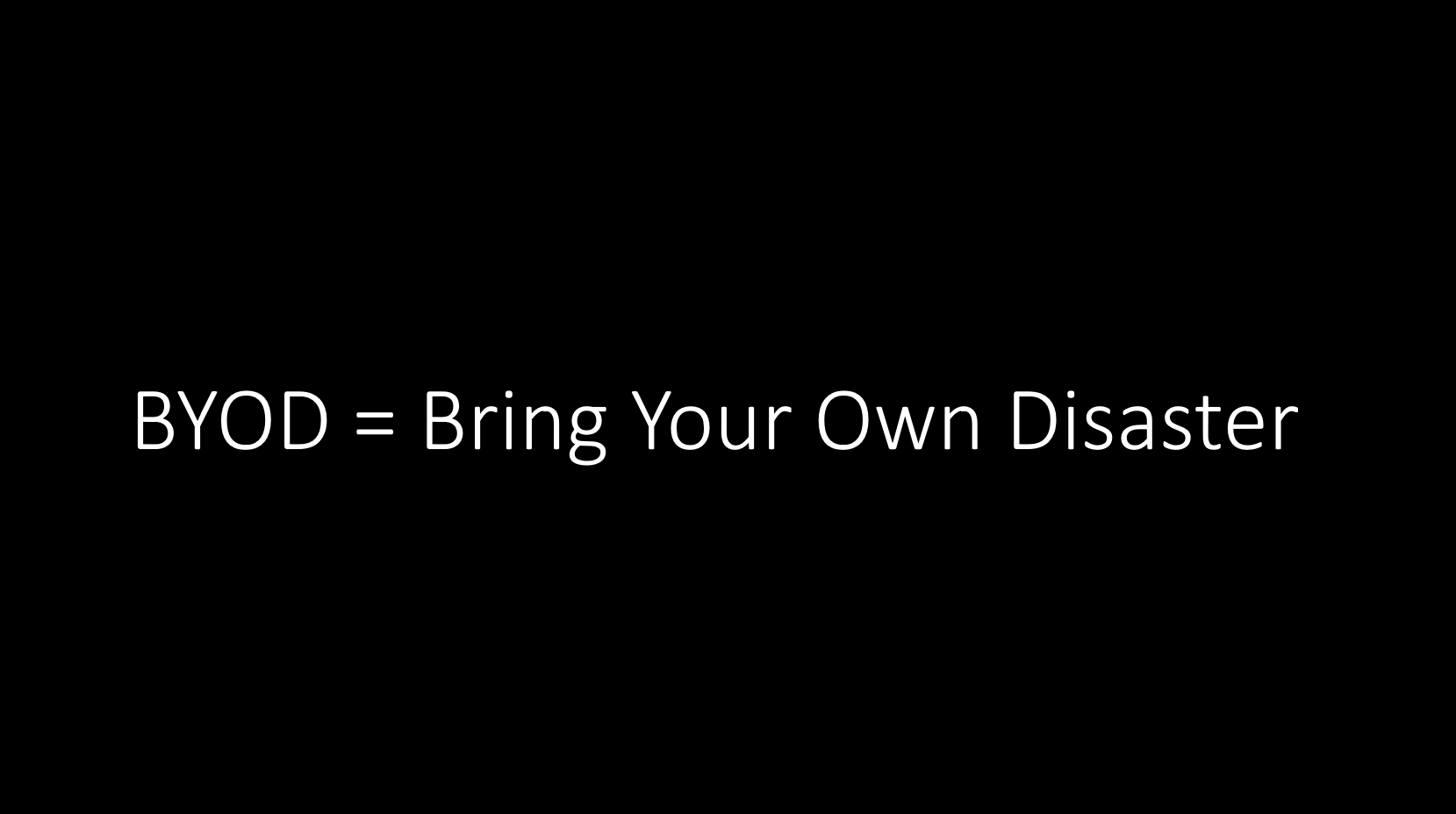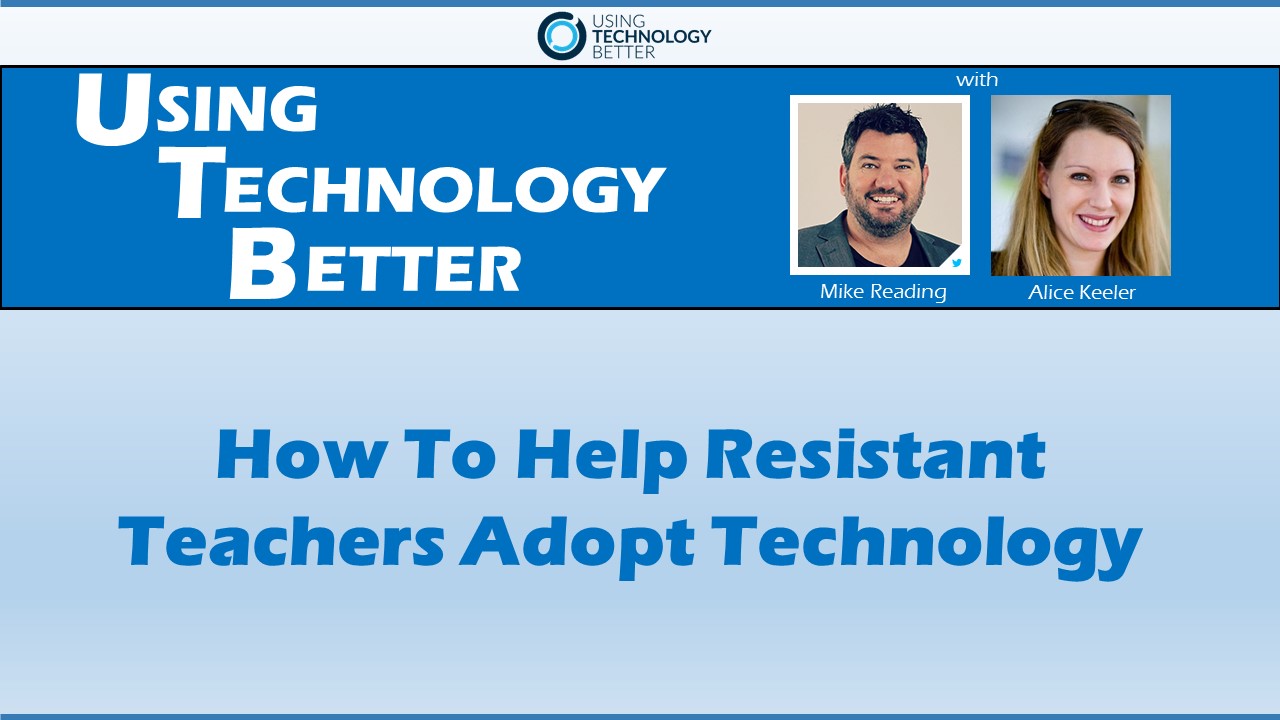
Think like bees when juggling change in schools
Change that leads to new learning opportunities and improved outcomes must utilise the human resource in schools, embrace technology that redefines learning and engages the wisdom and experience of others. If we were to think more like bees when doing the buzziness, we’d actually manage the change organically just like they do













